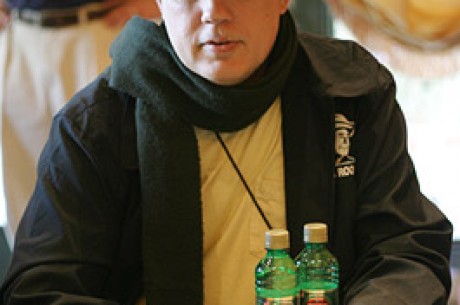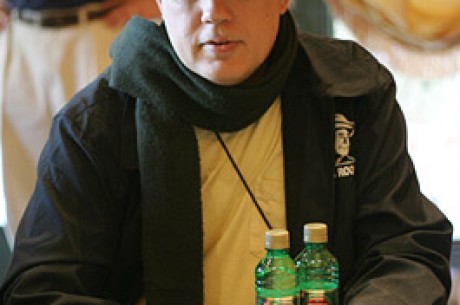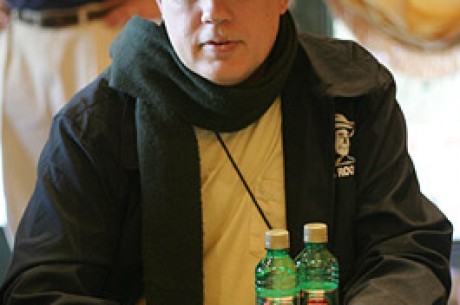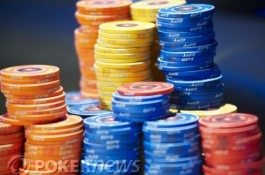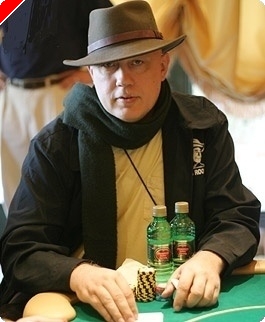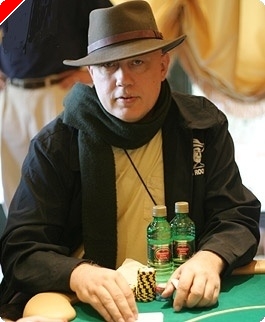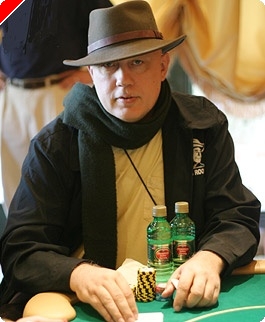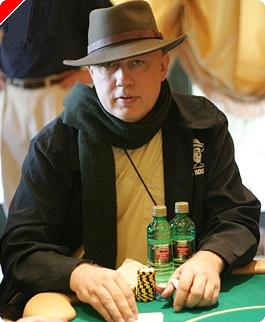Inside the Poker Tour (44)
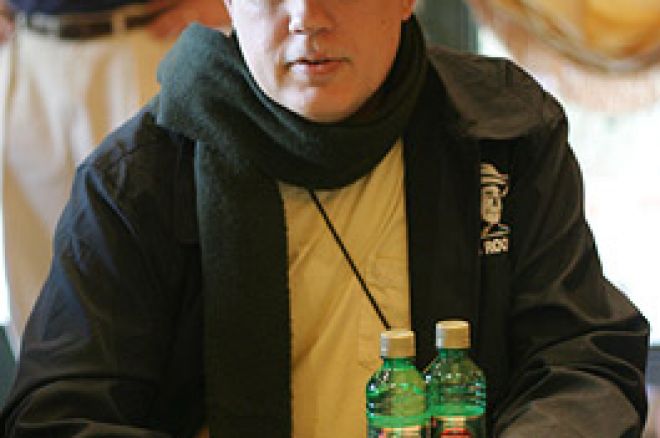
After my previous column I was asked the following question several times: what are the premier stops on the tour right now? If I were to name them they would be the World Championship (the final event of the WSOP), the WPT Championship (in April, at the Bellagio), the European Poker Tour Championship, and the Aussie Millions. For the moment that is our 'Grand Slam' of poker.
At the top of the American game of poker we have the relentlessly aggressive players like John Juanda, Chip Jett, Amir Vahedi, David Pham, and Phil Ivey; the controlled aggressive players like Eric Seidel, Alan Cunningham, and Howard Lederer; the check-calling mastery of such players as Johnny Chan, Dewey Tomko, and Young Pham; the straight-forward play of Eric Lindgren, TJ Cloutier, and Chris Ferguson; and the take-a-flop with me and play small-ball before the flop of Daniel Negreanu, Alan Goehring, and Freddy Deeb. What conclusion can we come to if we step back and look at these various styles? What jumps off the page at me is that there is no "one way" to approach poker and that one should find the style that you are comfortable with. Clearly the above named players are capable of any play at any time, no matter how I define them?by and large this is because they have seen every possible play in every possible situation and have added the good ones to their arsenal.
Many a good player hates it when he plays a very good hand and gets drawn out on, but the flip side of being noticeably aggressive is that you will sometimes have the better hand and lose.
Some years ago (before Sexton's Tournament of Champions idea that was his springboard to Party Poker.com) at the Orleans tournament that was held every July in Las Vegas I held AK in second position (we were at two tables with 13 players left, and in the money, with blinds of 1,000-2,000 and antes of 300) with 22,900 and I raised it to 10,000, an older fellow that I did not know moved all-in for 25,200 from the button, and now Amir Vahedi thought for a bit with about 49,000 from the big blind, and then called. It was clear to me that I was not going to lay it down when every round would cost me 5100, even though I usually find that I am against AQ and JJ when this situation comes up. I called all-in. The older man also holds AK, Amir has AQ. Off comes a Q, Amir lets out a whoop of victory, and I walk away talking to myself as Amir goes on to win the tournament and receive the glory.
Fast-forward to the California State Championship in 2005, $1,000 buy-in no-limit tournament, and with about 20 players (they paid 27) left I had a substantial chip lead (28,000 in chips), we are in the money and there is a cluster of players with below 14,000 in chips tied for approximately second. One of those players is Amir and with the blinds being 300-600 with an ante of 100 he raises to 2,000 from the cut-off. I am in the big blind and look down at AcQc and knowing how aggressive Amir is I re-raise it to 6,600, it goes back to him and without hesitation he moves all-in for 13,200. I am sure that I will call but take ten seconds to do so, knowing that if I lose the hand I will still be way above the average chip stack. Amir turns up AsKs and the first card off the deck is a Q and no accident later, I win the pot. Now Amir gets up, says something in Arabic, glares at me, asks how I can call with that hand, and storms away. Even though we are friends he did not speak to me for months after this hand. Now one can focus on the negative of this and say that if we are friends he would not act this way, or one can focus on the positive and realize that he such a fierce competitor that whenever he loses a hand, even to a friend, he hates it with a passion. He is upfront with his emotional nature and it may not be the way that I would act but I can accept it. In an ESPN interview he talked about having reactions and 'not being a machine'. In this case I felt that the result obliterated his memory of the previous event, no need to be churlish!
Another incident that was similar occurred in the 2004 WSOP championship event. Late in day two I had 66,500 in chips and was at a table with blinds of 300-600 and an ante of 75 with an average chip count of 28,000 and a player from India with a tight image raised from 2nd position to 1700 from a stack of 16,500. Men the Master had just arrived with a large stack of 145,000 and he called from the cutoff, it came to me in the little blind and I looked down at AhKh. How should I play this hand? There was 4,975 in the pot and Howard Lederer is on my left, in the big blind, with one of the biggest stacks in the tournament, about 200,000! I decided to make an oversize re-raise and hope to take it down without further decisions?I made it 15,000 in total to go. Now at first this seems like an enormous re-raise from 1700 but considering all the factors at work here it still seems like the right amount to me?it is three times the existing pot. If the Indian fellow puts all his money in I will have to play with him, no doubt about it. If I am called I will have to play the hand from "out of position", if I am re-re-raised by one of the two big stacks behind me I will have to make a tough decision. If Howard re-re-raises I am likely in big trouble. The key opponent for me here is Men?I have played hundreds of hours with him and many times seen him call with JJ when he held a big stack behind a player who makes a small raise from up front. So it is JJ, in particular, that I am afraid he holds. Will a raise from 1700 to 15,000 make him lay down JJ? I doubt it, but expect him to call again and see what the flop brings. I do not think he has AA, KK, QQ, and imagine he will call with JJ, 10-10, AQ suited and possibly 99 or 88, with the rest of his hands going into the muck. I am about to be proven wrong! The original raiser passes and now Men instantly says, "All-in!" Oh my, what do I do now? I look at Men, I look at the beer he is drinking, trying to figure out if it has given him some extra courage, or weakened his thought processes, and go with my first read. There is a lot of money in the middle (32,675) and unless he holds AA or KK I should call. I do call and expect to see him turn over JJ, instead he begins swearing at me and turns up 77 with the accompanying criticism, "how can you call all your chips with that hand against this stack?" "Good play," says Howard. "What?" Men accusatorily glares at Howard, along with his question. "You both made a good play," explains Howard, "great play, tough call." The first card off the deck was the king of clubs and I had good chips all the way until day four.
Men stayed mad at me for months! That July we played a 5,000 dollar buy-in no-limit tournament at the Hustler Casino in Los Angeles and Men came to the table with a short stack (taking the seat that TJ Cloutier had gone broke in) and won several hands, getting up to about 15,000 in chips. In the meanwhile I had no hands to play and watched silently. At last I picked up QQ and made it three times the big blind, which was 300 at this point, off my stack of 9,400. Men was the big blind and he called. The flop came 832 and he checked and I bet 2,000 and he moved all-in. I called and he turned up 85 off-suit. It came an 8 on the turn and now he was all smiles. I am certain that the two hands are closely related in his mind.
Until next time...play good...and get lucky!

